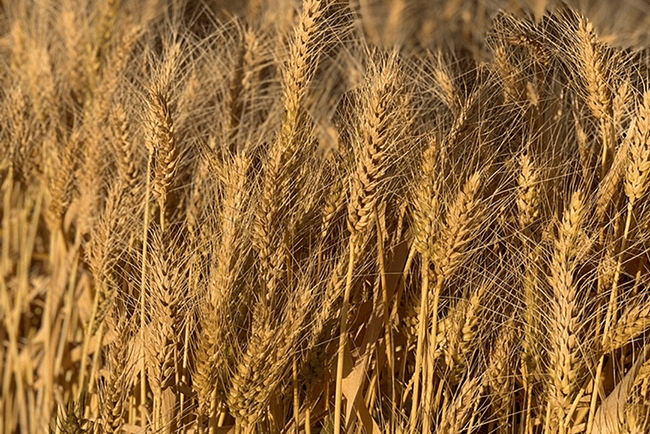A bumper year for agriculture despite flooding
Australian agriculture is still on track for an outstanding 12 months, despite the impact of the devastating floods in the eastern states.
Executive Director of ABARES Dr Jared Greenville said today’s release of the ABARES Agricultural Commodities and Crop Reports shows the sector setting new benchmarks in export commodities and high yields for winter crops.
“The gross value of agricultural production is forecast to be a near-record $85 billion in 2022-23, just shy of the record set the previous year,” Dr Greenville said.
“Meanwhile, the winter crop is forecast to be the second largest on record at over 62 million tonnes. Livestock production is expected to hold steady, contributing $34 billon to the national total.
“Another bumper year combined with high commodity prices means Australia’s agricultural exports are forecast to break records at over $72 billion in 2022-23.
“While the spring rain has impacted production, yields and quality in some parts of the country, some states are experiencing their best winter crops on record.
“Crops in Western Australia and South Australia benefitted the most from spring conditions, with total production in both states forecast to reach new record levels. Total production in Queensland is forecast to reach the second highest on record, despite parts of the Darling Downs missing out on plantings after being impacted by the floods.
"In other parts of the country, the results are mixed with both flooding and water-logging impacting winter crop production.
“We saw a record amount of crop planted in Victoria this year. At the state level, high yields in the Mallee and the Wimmera will offset crop losses in central and northern border regions. However, the full picture of damage to crops from extensive waterlogging remains an unknown.
“Unfortunately, New South Wales has borne the brunt of the damage from the spring rains and subsequent floods. Record spring rainfall followed above average rain in August, which has led to losses. The total production for New South Wales has been revised down by 2 million tonnes since our last Crop Report in September.
“Considerable uncertainty remains over winter crop harvest progress and grain quality in New South Wales and Victoria given ongoing high rainfall, which could lead to downgrades in production value. Harvests in Victoria and New South Wales are likely to run well into summer.
“The current conditions are a reminder of the volatility of Australia’s climate. While it’s impressive how resilient the agriculture sector has been, it shows how events like floods and droughts can impact regions and Australian farmers.”
The Agricultural Commodities Report – December can be read here: https://www.agriculture.gov.au/abares/research-topics/agricultural-outl…
The Australian Crop Report – December can be read here: https://www.agriculture.gov.au/abares/research-topics/agricultural-outl…
View Original | AusPol.co Disclaimer
